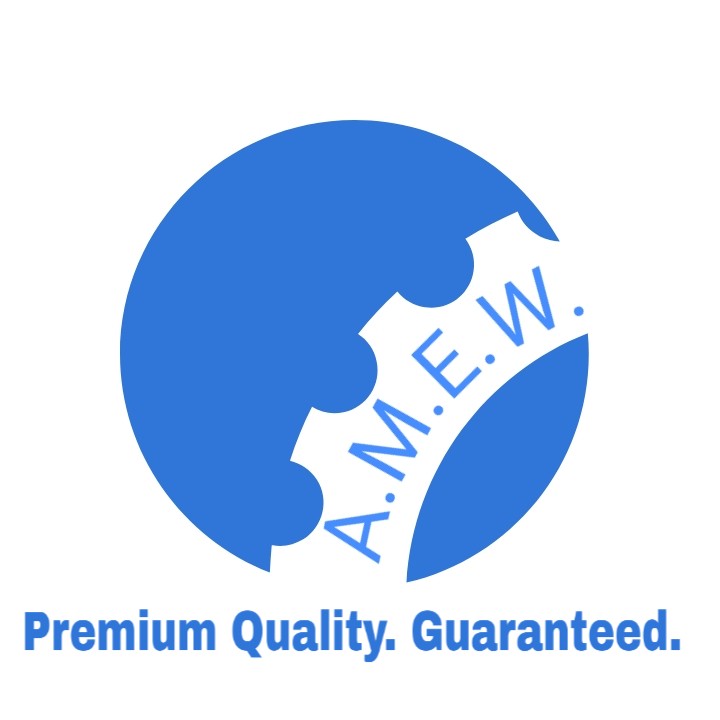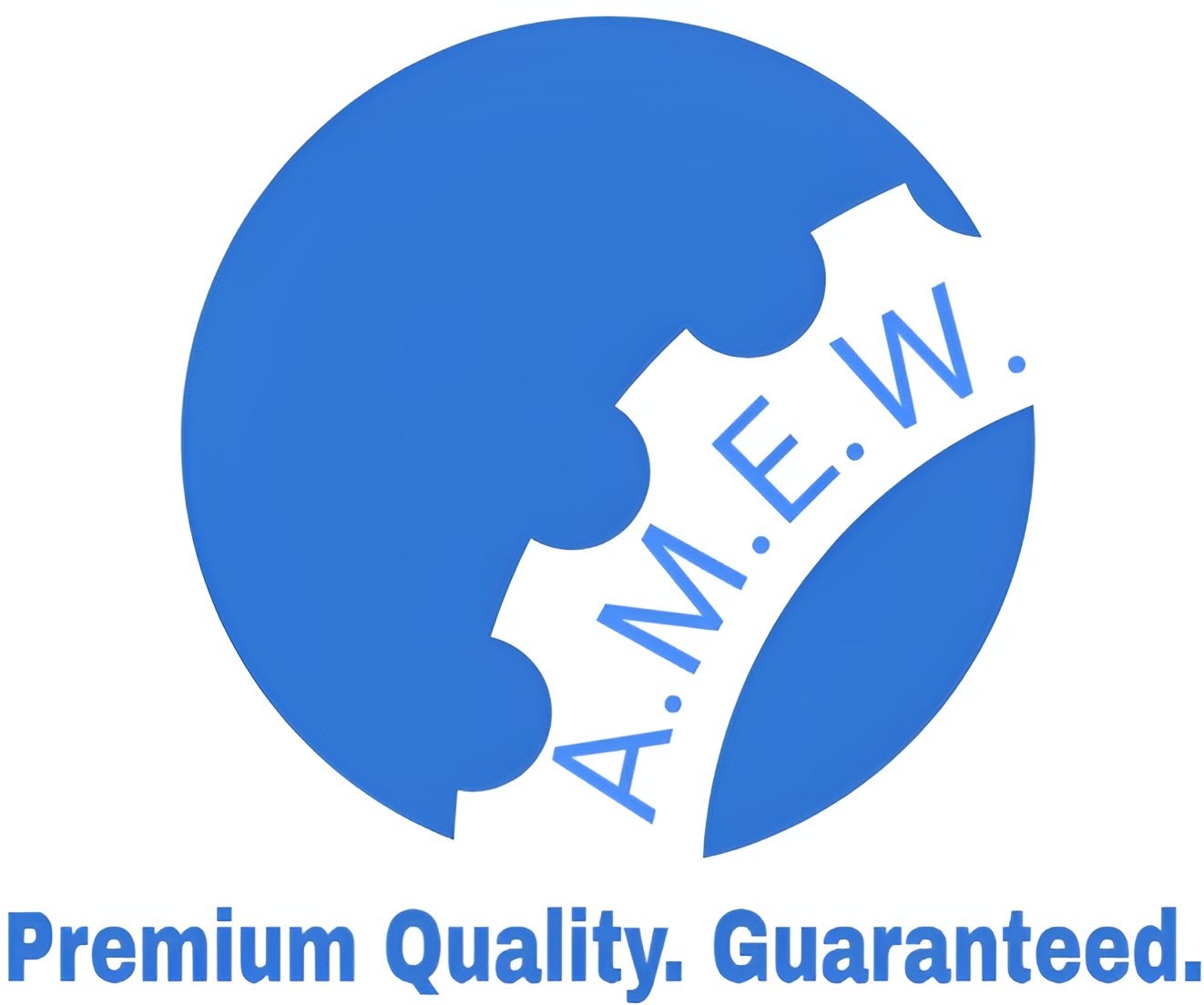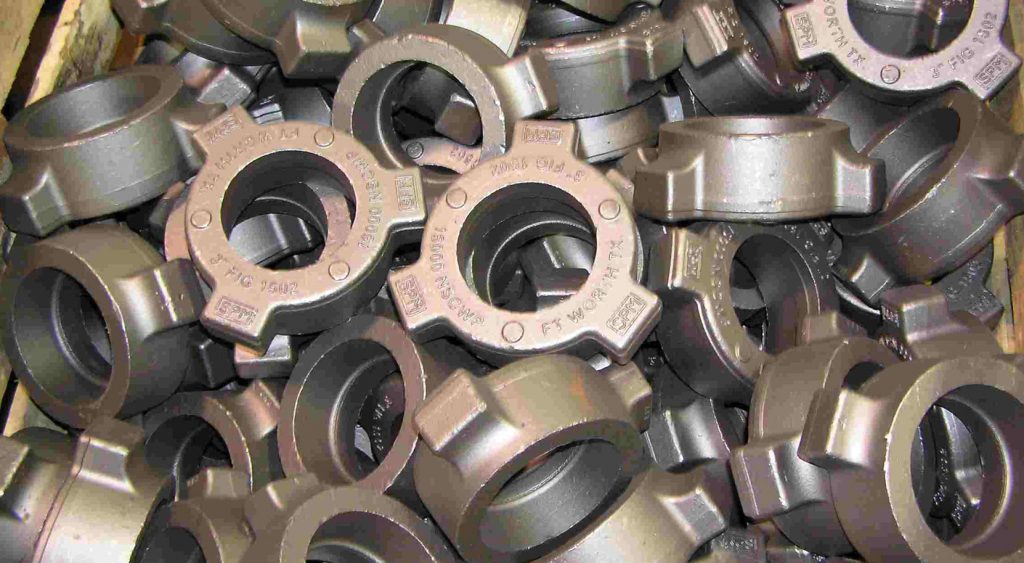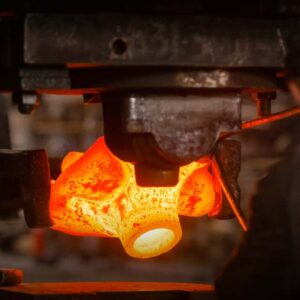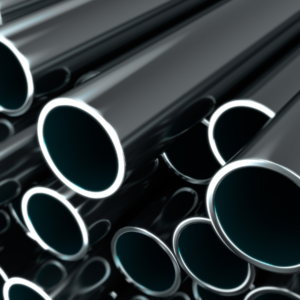Description
Custom Forgings for the Oil & Gas Industry
Introduction to Custom Forgings for the Oil & Gas Industry
The oil and gas industry is one of the most demanding sectors, requiring materials that can withstand extreme conditions, including high pressure, temperature fluctuations, and exposure to corrosive substances. Custom forgings play a critical role in ensuring the reliability, safety, and performance of equipment used in this industry. From drill bits to wellhead components, custom forgings are engineered to meet the unique demands of oil and gas exploration, extraction, and transportation.
What Are Custom Forgings?
Custom forgings refer to forged components that are specifically designed and manufactured based on the unique requirements of an application. In the oil and gas industry, custom forgings are tailored to meet the stringent safety and performance standards set by industry regulations. The forging process involves heating a metal, such as carbon steel, alloy steel, or stainless steel, and shaping it using high-pressure equipment. This process improves the material’s mechanical properties, such as strength, toughness, and fatigue resistance, which are essential for critical components in the oil and gas sector.
Types of Forging Processes Used in the Oil & Gas Industry
- Open-Die Forging: This process is used for large, custom-shaped components such as shafts, discs, and blocks. It allows for flexibility in shape and size, making it suitable for large oilfield equipment.
- Closed-Die Forging: This process is used for more complex, high-precision parts where accuracy is critical, such as valves and fittings.
- Seamless Rolled Ring Forging: Used for manufacturing rings that require high strength and resistance to pressure, such as flanges and bearing rings in drilling equipment.
Why Custom Forgings Are Important for the Oil & Gas Industry
- Superior Strength: Custom forgings provide superior strength and fatigue resistance, which is critical in high-stress environments like drilling operations or pipeline systems.
- Enhanced Durability: Forged components are more durable and able to withstand the wear and tear associated with harsh environments, including exposure to chemicals, high pressure, and extreme temperatures.
- Improved Toughness: Forging refines the grain structure of the metal, resulting in better toughness and resistance to cracking, which is essential for preventing equipment failures in the field.
- Corrosion Resistance: Many custom forgings for the oil and gas industry use materials that offer enhanced corrosion resistance, such as stainless steel or specialty alloys, making them ideal for use in subsea or offshore applications.
- Customization for Specific Applications: Custom forgings are designed based on specific project needs, ensuring the component meets the exact requirements in terms of size, shape, material, and performance.
Applications of Custom Forgings in the Oil & Gas Industry
Custom forgings are utilized in a wide array of applications in the oil and gas industry, ranging from exploration and drilling to refining and distribution. Key applications include:
- Drilling Components: Custom-forged drill bits, drill collars, and tool joints are crucial for drilling operations in oil and gas exploration. These components must withstand extreme stress and wear.
- Wellhead Equipment: Custom-forged components such as wellhead flanges, valves, and fittings are used to control the flow of oil and gas from the wellbore. These parts are subject to high pressures and require exceptional strength and durability.
- Subsea Components: Subsea exploration requires custom forgings that can withstand the harsh underwater environment. Forged risers, connectors, and flanges are commonly used in subsea systems.
- Valves and Fittings: Custom-forged valves, tees, elbows, and couplings are essential for controlling the flow of fluids in pipelines. These components need to resist corrosion and wear over extended periods.
- Pressure Vessels: Custom-forged pressure vessel components are used in refineries and petrochemical plants where the safe containment of gases and liquids under high pressure is critical.
- Pipeline Components: Forged fittings such as tees, elbows, reducers, and flanges are used in pipelines to transport oil and gas over long distances, ensuring leak-proof and reliable operation.
Materials Used in Custom Forgings for the Oil & Gas Industry
The materials used in custom forgings for the oil and gas industry are chosen based on their ability to withstand the extreme conditions of oil exploration, drilling, and extraction. Below is a table summarizing the common materials, their properties, and applications in the oil and gas industry.
| Material | Key Properties | Applications |
|---|---|---|
| Carbon Steel | High strength, good machinability | Pipeline fittings, valves, flanges |
| Alloy Steel | Enhanced toughness, wear resistance | Drill bits, collars, pressure vessels |
| Stainless Steel | Corrosion resistance, high strength | Subsea components, wellhead equipment |
| Inconel | Excellent high-temperature resistance, corrosion resistance | Subsea exploration, high-temperature applications |
| Duplex Stainless Steel | High strength, good corrosion resistance | Subsea pipelines, risers, valves |
| Nickel-Based Alloys | Excellent corrosion and heat resistance | High-temperature valves, subsea components |
| Chromium-Molybdenum Steel | High strength, temperature resistance | High-pressure vessels, refinery components |
Grades of Forged Materials for the Oil & Gas Industry
The following table outlines common grades of materials used in custom forgings for the oil and gas industry, along with their typical properties and applications.
| Grade | Material Type | Key Properties | Applications |
|---|---|---|---|
| AISI 4130 | Alloy Steel | High strength, fatigue resistance | Drill bits, pressure vessels, fittings |
| AISI 4140 | Alloy Steel | Wear resistance, toughness, high strength | Tool joints, couplings, flanges |
| ASTM A182 F22 | Chromium-Molybdenum Steel | High-temperature strength, corrosion resistance | Pressure vessels, refinery components |
| Duplex 2205 | Duplex Stainless Steel | High strength, corrosion resistance | Subsea risers, valves, fittings |
| Inconel 718 | Nickel-Based Alloy | Excellent high-temperature strength, corrosion resistance | Subsea exploration, high-temperature valves |
| 316 Stainless Steel | Stainless Steel | Corrosion resistance, durability | Valves, subsea equipment, wellhead components |
| ASTM A350 LF2 | Carbon Steel | Low-temperature toughness, high strength | Flanges, valves, fittings for low-temp service |
Advantages of Custom Forgings in the Oil & Gas Industry
- Tailored Solutions: Custom forgings offer tailored solutions to meet the specific needs of the oil and gas industry, from large flanges and pressure vessels to small valves and couplings.
- Enhanced Performance: Forged components provide superior mechanical properties, ensuring long-lasting performance in harsh environments.
- Cost-Effective Production: Custom forgings reduce the risk of equipment failure, downtime, and maintenance costs due to their durability and strength.
- Improved Safety: By providing components with exceptional strength and reliability, custom forgings enhance the overall safety of oil and gas operations, preventing costly accidents and failures.
